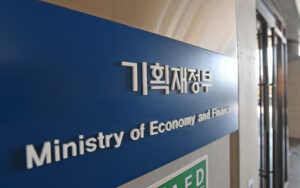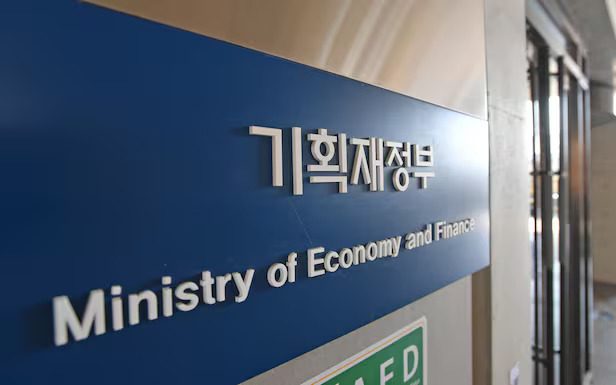Korea’s recent tax regulation updates are poised to significantly impact Individual Savings Accounts (ISAs), particularly amid ongoing disputes surrounding foreign taxation. As concerns about double taxation of ISAs have surfaced, the government has proposed a method to separately account for taxes already paid on foreign investments. This approach will exclude these foreign taxes from the final tax obligation upon an account’s maturity. Given that ISAs often contain funds from various countries—each with its own tax rates—it can be challenging to calculate individual foreign taxes. Consequently, a flat deduction rate of 14% has been introduced. This means that, irrespective of the actual foreign tax paid, it will be treated as if a standard 14% tax was applied.
Historically, the National Tax Service has refunded these amounts, allowing investors to reinvest a larger sum, but such benefits are expected to cease. The Ministry of Strategy and Finance confirmed on the 10th that it plans to implement revisions to the tax law enforcement ordinance by July. Notably, the measure to address double taxation has already been in effect since January 1 of this year. Consequently, investors who have received dividends from overseas funds that are nearing ISA maturity currently find themselves subject to double taxation. Analysts predict an uptick in such cases until the enforcement ordinance is revised but expect challenges in retroactively applying the changes due to existing financial institution systems.
Key Changes in the Tax Law Enforcement Ordinance
The core amendment in the revised tax law enforcement ordinance focuses on disallowing foreign taxes from the tax calculation upon ISA maturity. For example, consider Individual A, who earns more than 50 million won annually and has invested in an American exchange-traded fund (ETF) via an ISA. If A earns 3 million won from dividends and capital gains, while also having paid 100,000 won in foreign taxes, the current regulations will apply as follows: The tax exemption limit for standards ISAs is set at 2 million won. This means that A’s taxable profit is effectively 1 million won (3 million – 2 million), leading to a lower tax rate of just 9.9%. If A were to withdraw funds before the changes take effect, they would owe 99,000 won (1 million 9.9%) in taxes.
However, post-revision—after July—the 100,000 won paid in foreign taxes will be deducted, resulting in no taxes owed since the already paid amount exceeds the local tax obligation. To address the complexities of calculating foreign taxes, the Ministry of Strategy and Finance has opted for a uniform tax rate of 14%. Specific rates vary due to international tax treaties, with the current taxation rates being 10% for China and 15% for the U.S. The selection of the 14% rate reflects the predominance of U.S. investment choices among Korean investors.
Additionally, profit and loss across different investments held in the ISA will now be aggregated. For example, if an investor incurs a loss of 1 million won on a Nasdaq 100 ETF but gains 4 million won from a U.S. dividend ETF, their total profit will be evaluated at 3 million won. The corresponding foreign taxes will then be calculated with a rate of 9.9%. This revision marks a significant shift as the earlier practice of the National Tax Service retaining foreign taxes has been eliminated. Up until last year, if an investor like A paid 100,000 won in foreign taxes, the National Tax Service would refund this amount, enabling them to reinvest it. The revised law means this practice will no longer continue, impacting both investors and tax-exempt entities, such as pension funds and non-profit organizations. A representative from the Ministry of Strategy and Finance remarked, “It was unreasonable for our government to retain taxes paid to foreign countries, which is why the law was revised.”
In contrast, the issues surrounding double taxation for pension savings accounts and Individual Retirement Pensions (IRP) will require further legal reforms, suggesting a longer timeline for resolution compared to ISAs.
Conclusion
As Korea navigates these revisions, individuals investing through ISAs must stay informed about their tax obligations and seek advice to understand how these changes may impact their financial strategies moving forward.
For further details, clarification, contributions or any concerns regarding this article, please feel free to reach out to us at editorial@tax.news. We value your feedback and are committed to providing accurate and timely information. Please note that all inquiries will be handled in accordance with our privacy policy


